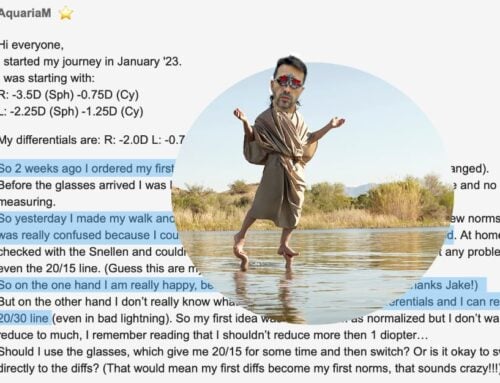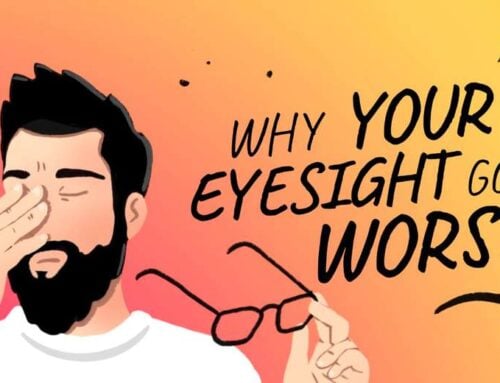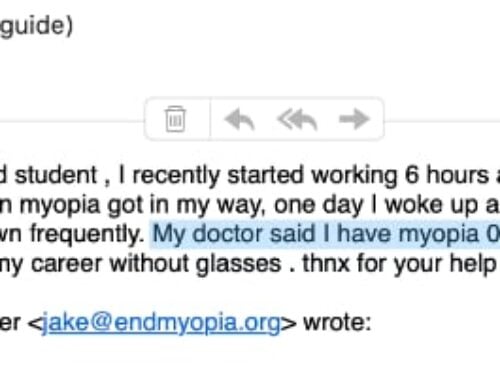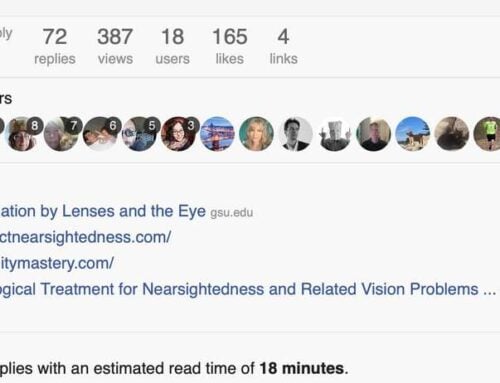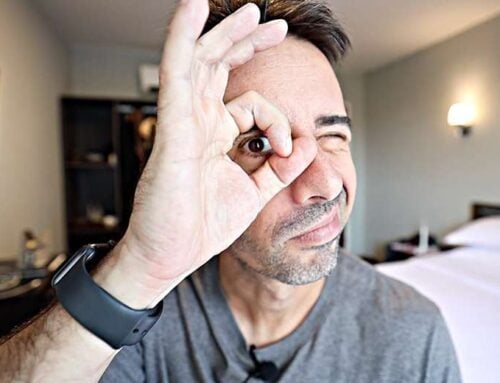Written By Despina
Contributing Optometrist
People with milder cases of visual impairment, such as low degrees of myopia, still suffer significant, negative impacts on their quality of life, new research in the UK finds.
Myopia is the most frequent cause of distance impairment in the world and is creating an alarming global epidemic which affects the quality of life and economic health of individuals and nations as a whole. In addition to being immediately disadvantageous, myopia increases the risk of serious disorders such as myopic macular degeneration, retinal detachment, glaucoma, and cataract and is a leading cause of visual impairment and blindness across many countries.
It has long been noted that a person with severe visual impairment might have their employment, educational and personal relationship prospects curtailed, seriously affecting their psychological state and quality of life.
However, what was of particular interest to the researchers was that people right across the visual spectrum were impacted. Even mildly impaired vision has negative outcomes in terms of health, economic and social outcomes, due to the burden related to expensive optical appliances, reduced confidence, loss of productivity and independence, leading to a reduced quality of life.
It may be even more severe in the case of children, who may find wearing glasses traumatic, particularly at first. Those whose visual impairment has not been picked up may suffer long-term in their learning, leading to further social and economic problem.


